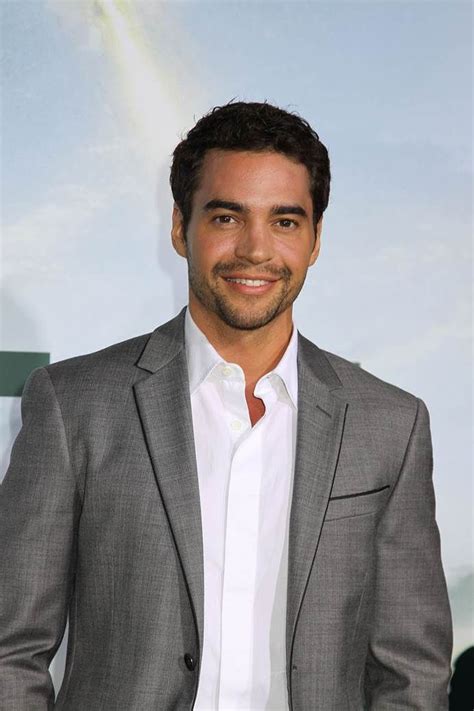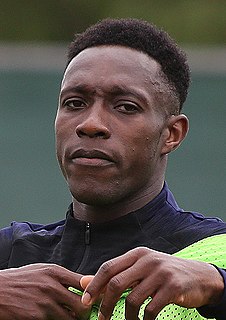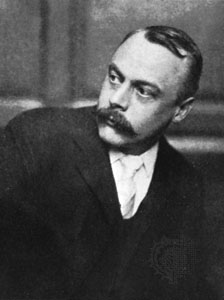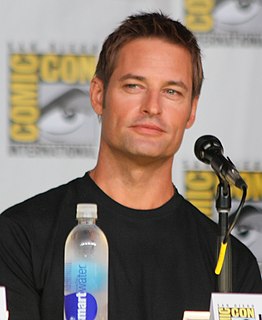A Quote by Steve Erickson
I rode the buses in L.A. until I was in my early 30s, and there's something about driving or riding through L.A. after sundown, when the Utopian city goes into hiding and another city comes out, more Doors and less Byrds.
Related Quotes
Something will be there when the flood recedes. We know that. It will be those people now standing in the water, and on those rooftops - many black, many poor. Homeless. Overlooked. And it will be New Orleans - though its memory may be shortened, its self-gaze and eccentricity scoured out so that what's left is a city more like other cities, less insular, less self-regarding, but possibly more self-knowing after today. A city on firmer ground.
It's the city's crush and heave that move you; its intricacy; its endless life. You know the story about Manhattan as a wilderness purchased for strings of beads, but you find it impossible not to believe that it has always been a city; that if you dug beneath it you would find the ruins of another, older city, and then another and another.
Delhi is a very maligned city, and deservedly so. Yet there's something about it. It's a secret city, it doesn't hang out its wares. It's like a very deep river. Floating right up on top are the institutions of contemporary power: government, politics, media, and then there's the bureaucracy, the diplomatic missions. But it's also the city of intellectual debate, of protest, it's the city where people from all over the country converge to express their anger. And then, underneath all that, there's this crumbling, ancient city, a confluence of so much history.
I've spoken of the shining city all my political life, but I don't know if I ever quite communicated what I saw when I said it. But in my mind it was a tall, proud city built on rocks stronger than oceans, windswept, God-blessed, and teeming with people of all kinds living in harmony and peace; a city with free ports that hummed with commerce and creativity. And if there had to be city walls, the walls had doors and the doors were open to anyone with the will and heart to get there. That's how I saw it, and see it still.
It is a game of chess with this city. We'll have to see how it is going to play out. The city goes back and forth trying to figure out what programs to cut and what they have funding for. What I would love to see is for the city to step up and run the rink 10 months out of the year so kids can play in the summer and we can have camps here in Glenwood.
A shining city is perhaps all the president sees from the portico of the White House and the veranda of his ranch, where everyone seems to be doing well. But there's another part to the shining city. In this part of the city there are more poor than ever, more families in trouble, more and more people who need help but can't find it.
Well, very long ago, on the spot where the Wild Wood waves now, before ever it had planted itself and grown up to what it now is, there was a city - a city of people, you know. Here, where we are standing, they lived, and walked, and talked, and slept, and carried on their business. Here they stabled their horses and feasted, from here they rode out to fight or drove out to trade. They were a powerful people, and rich, and great builders. They built to last, for they thought their city would last for ever.
The city was asleep on its right side and shaking with violent nightmares. Long puffs of snoring came out of the chimneys. Its feet were sticking out because the clouds did not cover it altogether. There was a hole in them and the white feathers were falling out. The city had untied all its bridges like so many buttons to feel at ease. Wherever there was a lamplight the city scratched itself until it went out.







































